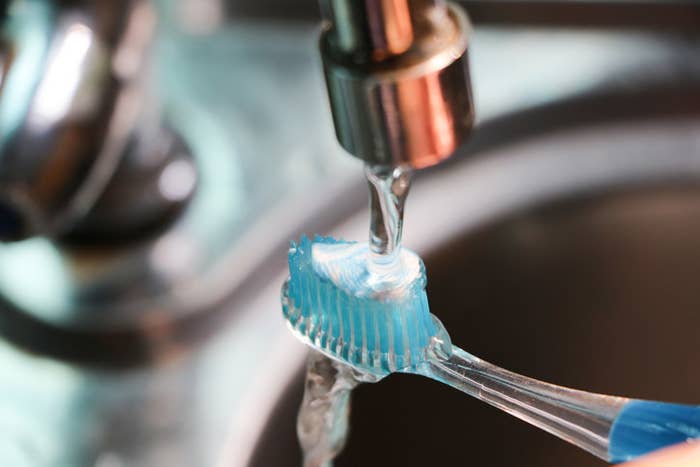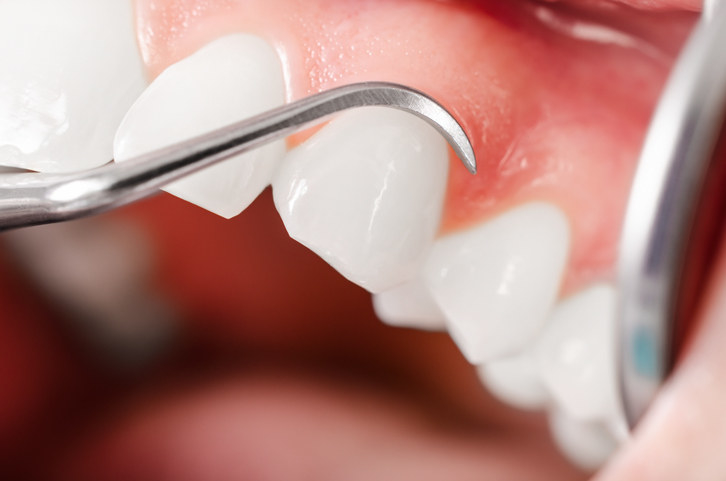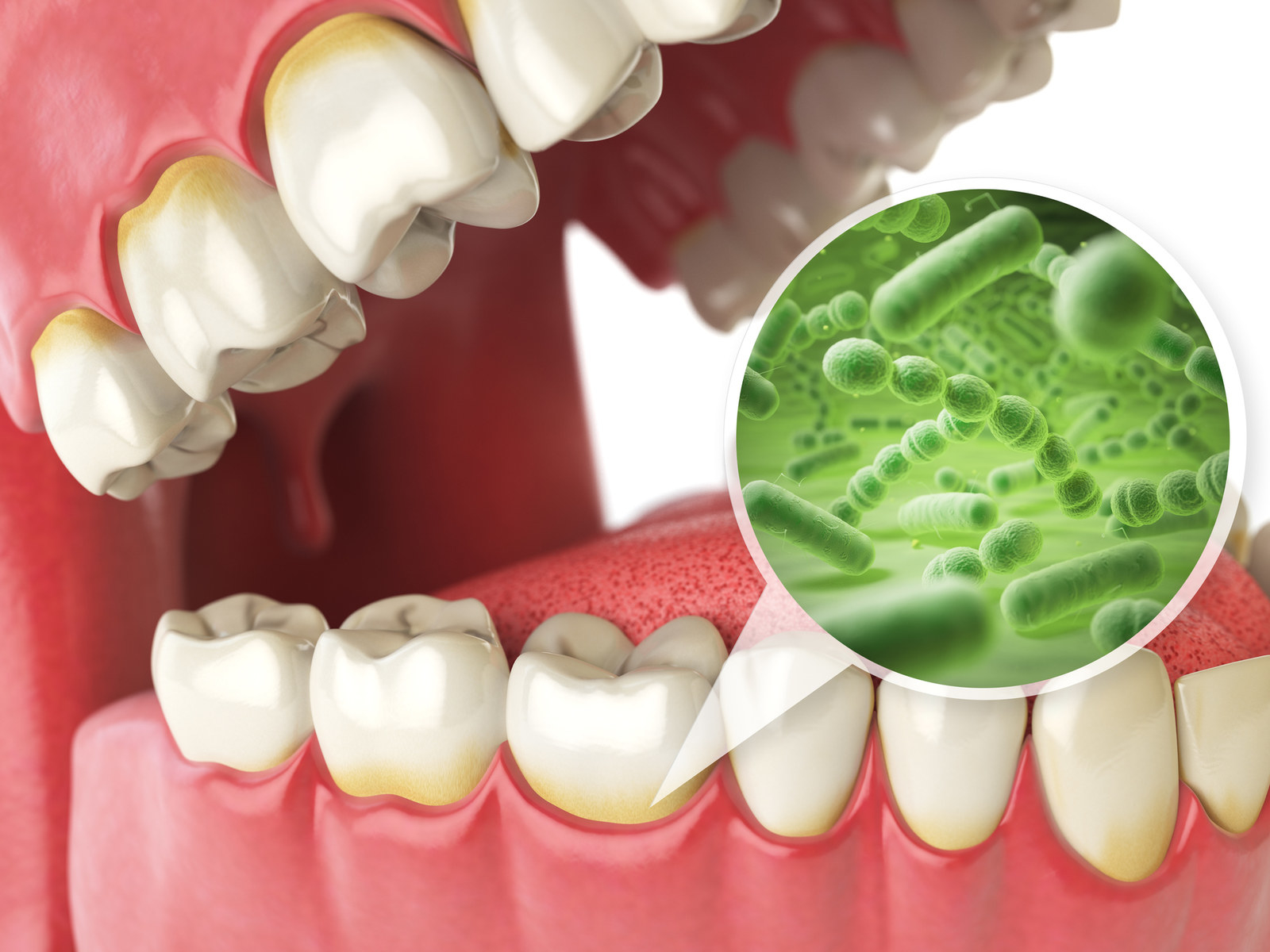Maybe you've read conflicting info about flossing. You might even have friends or coworkers who've shrugged it off entirely. But many arguments that downplay flossing use flimsy "science" to challenge the expertise of dentists.
1. Let’s start with the basics: Flossing, especially water flossing, removes bacteria and food debris that brushing alone misses.

2. Flossing is also one of the first lines of defense in the fight against halitosis.

3. All of this is important because inadequate flossing can lead to more serious health conditions like cardiovascular disease.

4. Scientists have found that not flossing may even result in gum inflammation and bleeding (the early stages of gum disease).

5. Some studies found daily water flossing is better at fighting gingivitis than rinsing with the anti-plaque agent chlorhexidine.

6. Other studies have even linked poor oral health to things like Alzheimer's and diabetes.

7. Meanwhile those slightly, uh, ~unconventional~ flossing techniques (with things like stray hairs, bobby pins, or folded business cards) are also big no-nos.

8. Things like routine water flossing should be part of your daily regimen, since new bacteria enters your mouth on a regular basis.

9. And mouth bacteria is one of the factors that can lead to cavities (among other things) which flossing helps prevent.

10. Biofilms like plaque are living organisms that get worse and basically swim around in your mouth unless disrupted by practices such as brushing and water flossing.

11. Plus, if you want pearly whites, flossing is a great step toward tackling tooth stains.

All images via Getty.
The bottom line: Flossing is super important.
Research shows that only Waterpik® Water Flossers have the potential to remove plaque 29% more effectively than string floss. So step up your oral hygiene game today by adding a Waterpik® Water Flosser into the mix.
